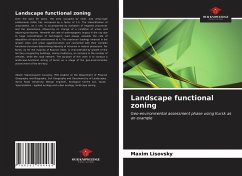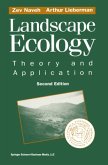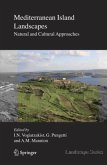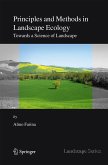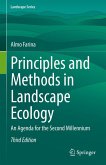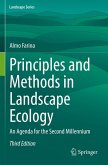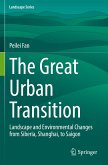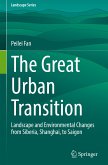Over the past 30 years, the area occupied by cities and urban-type settlements (UAS) has increased by a factor of 1.5. The intensification of urbanization, as a rule, is accompanied by activation of negative processes and the phenomena influencing on change of a condition of urban and adjoining territories. Herewith the rate of anthropogenic impact in the city due to huge concentration of technogenic load always exceeds the rate of adaptation of natural environment to it. The maximum loadings inherent in the largest cities and urban agglomerations are connected with their complex functional structure determining intensity of intrusion in natural processes. For Kursk, as for the majority of Russian cities, is characterized by growth of the territory occupied by buildings, mainly multistory, an increase in the number of vehicles, while the road network. The purpose of this work is to conduct a landscape-functional zoning of Kursk as a stage of the geo-environmental assessment of the territory.
Bitte wählen Sie Ihr Anliegen aus.
Rechnungen
Retourenschein anfordern
Bestellstatus
Storno

